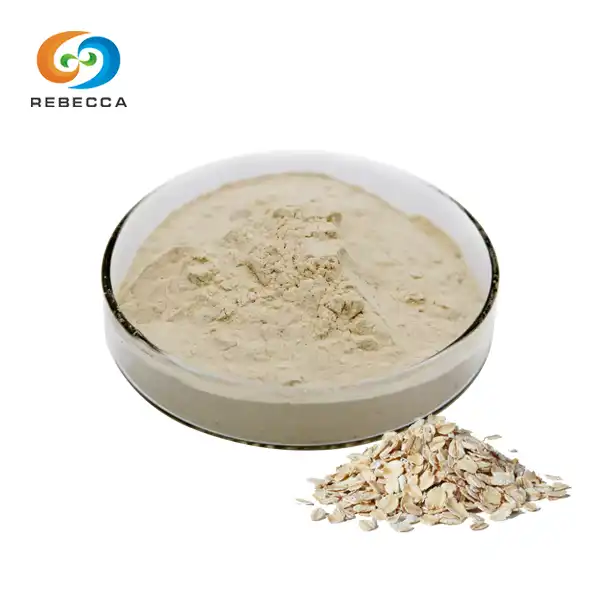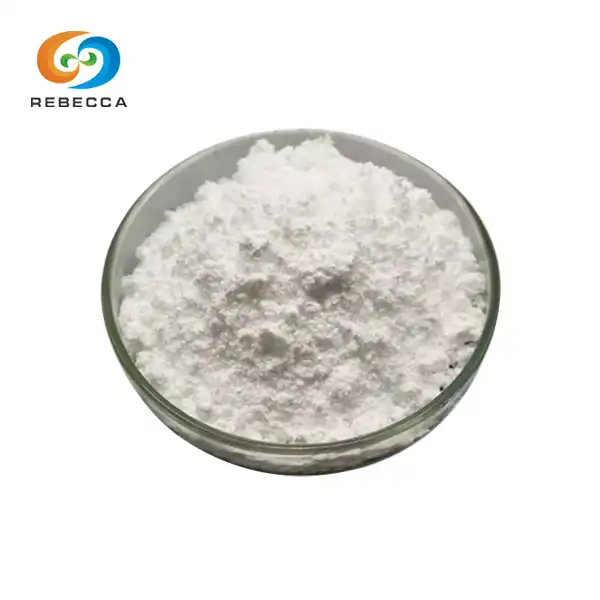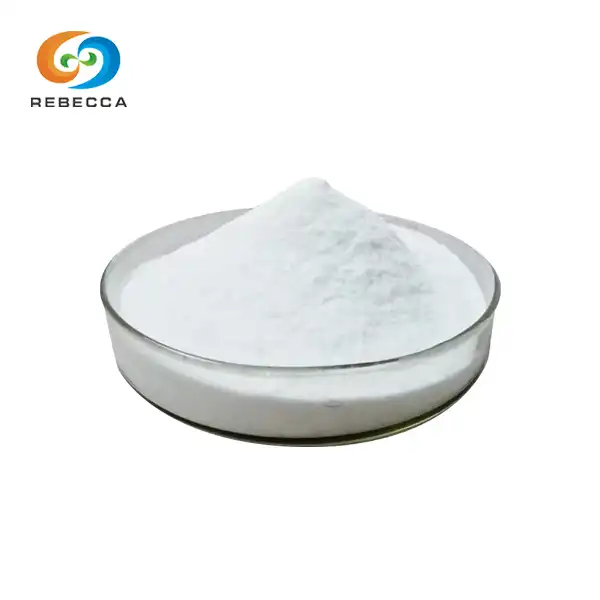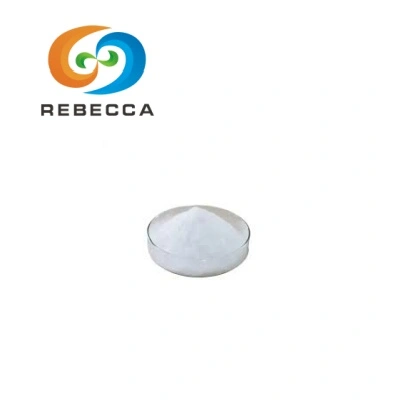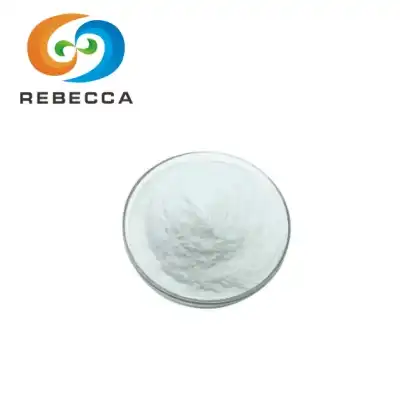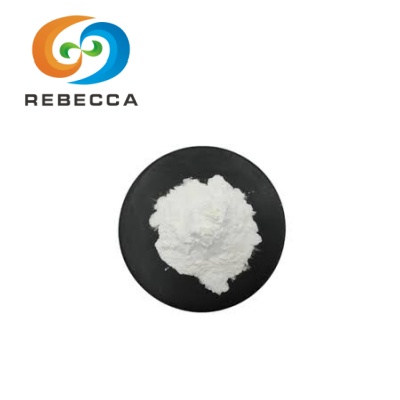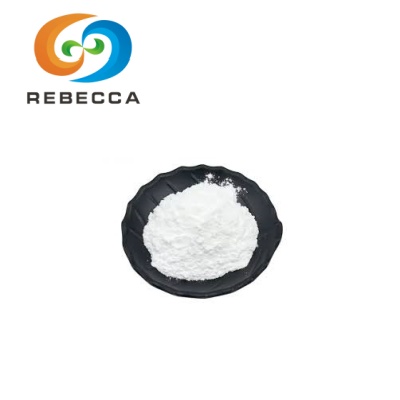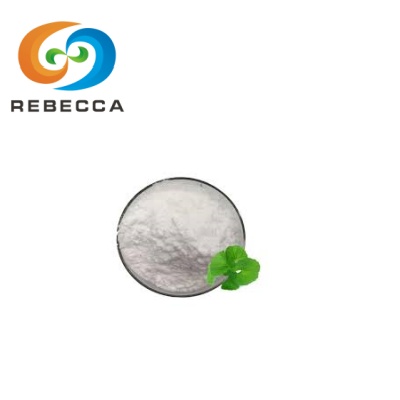Is aloe vera powder the same as aloe vera gel?
Aloe vera has long been prized for its soothing and healing properties. But when it comes to aloe vera products, you may wonder - is aloe vera extract powder the same as aloe vera gel? While both are derived from the aloe plant, there are some key differences in how they're processed and used. Let's explore the unique qualities of aloe vera powder and gel to help you choose the right form for your needs.
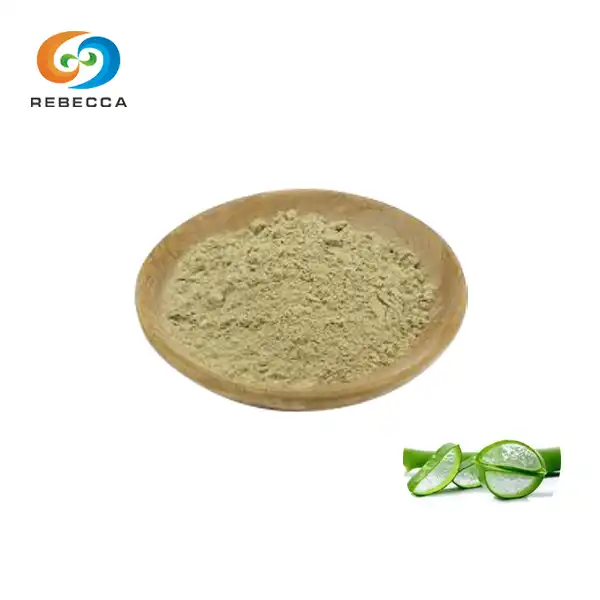
Aloe Vera Extract Powder
Product Name: Aloe Vera Extract
Appearance: Green brown fine powder
Specification: Aloin 20%,Aloin 10%
Test Method: HPLC
CAS No: 1415-73-2
Particle Size: 80 Mesh
Processing differences between powder and gel
The main difference between aloe vera extract powder and gel lies in how they're produced from the aloe plant. Aloe vera gel is the clear, jelly-like substance found inside aloe leaves. To make gel products, manufacturers extract and purify this inner leaf gel. The result is a smooth, translucent gel that closely resembles the plant's natural form.
Aloe vera extract powder, on the other hand, undergoes more extensive processing. To create powder, manufacturers dehydrate either the inner leaf gel or whole leaf extracts. This removes the water content, leaving behind a concentrated powder form. The dehydration process preserves many of aloe's beneficial compounds while creating a stable, long-lasting product.
While both forms contain aloe vera's key active ingredients, the powder is more concentrated. This means a little goes a long way when using aloe powder versus gel. The powder form also allows for easier incorporation into various products and formulations.
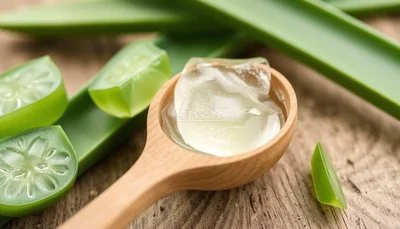
Advantages of powder versus gel forms
Both aloe vera extract powder and gel offer benefits, but the powder form has some distinct advantages:
Longer shelf life: Without water content, aloe vera powder is more shelf-stable than gel. It can last for years without degrading or spoiling when stored properly.
More concentrated: Aloe powder contains a higher concentration of active compounds per gram compared to gel. This makes it potent and cost-effective.
Versatility: The powder can be easily mixed into liquids, creams, or other products. This allows for more diverse applications in skincare, supplements, and other uses.
Easier to transport and store: Powder takes up less space and is lighter than gel, making it more convenient for shipping and storage.
Potential for higher bioavailability: Some research suggests that certain aloe compounds may be more bioavailable in powder form, though more studies are needed to confirm this.
While gel has the advantage of being ready to use and may feel more natural to some, powder offers significant benefits in terms of potency, stability, and versatility.
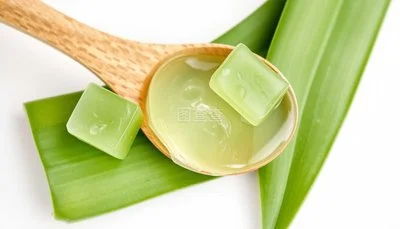
How to choose based on your application goals?
When deciding between aloe vera extract powder and gel, consider your specific needs and intended use:
For topical skincare: Both forms can be effective. Gel is convenient for direct application, while powder can be mixed into custom formulations. If you're prone to sensitivity, gel may be gentler on the skin.
For internal use: Aloe vera extract powder is often preferred for supplements and functional foods. It's easier to incorporate into capsules, tablets, or drink mixes. The concentrated form also allows for precise dosing.
For manufacturing products: Powder is typically more practical for large-scale production. It's easier to store, measure, and blend into various formulations.
For immediate soothing relief: Gel may be preferable for quick application to minor burns or skin irritations. It provides instant cooling and hydration.
For long-term storage: If you want to keep aloe on hand for occasional use, powder's longer shelf life makes it a better choice.
Ultimately, both forms of aloe vera can be beneficial. Your choice depends on how you plan to use it and what qualities are most important for your application.
Aloe Vera Extract Supplier: Rebecca Bio-Tech
For those seeking high-quality aloe vera extract powder, Rebecca Bio-Tech offers premium products tailored to various industries. Our aloe vera extract powder boasts the following specifications:
- Specification: Aloin 20%, Aloin 10%
- Test Method: HPLC
- Particle Size: 80 Mesh
As a specialist in plant extracts and herbal active ingredients, Rebecca Bio-Tech is committed to providing top-tier natural extracts for pharmaceutical, health product, beverage, and cosmetic applications. Our state-of-the-art facilities include three production lines capable of producing over 100 plant extracts with an annual capacity exceeding 500 metric tons.
Whether you're formulating skincare products, dietary supplements, or functional beverages, our aloe vera extract powder delivers the concentrated benefits of this remarkable plant. For inquiries or to learn more about our aloe vera extract and other offerings, please contact us at information@sxrebecca.com. Let Rebecca Bio-Tech be your trusted partner in harnessing the power of aloe vera for your products.
FAQ
Q1: Can aloe vera powder be reconstituted into a gel?
A: Yes, aloe vera powder can be reconstituted into a gel-like consistency by mixing it with water. However, the texture may differ slightly from fresh aloe gel. Follow the manufacturer's instructions for the proper ratio of powder to water.
Q2: Is aloe vera powder as effective as gel for skincare?
A: Both forms can be effective for skincare. Powder is more concentrated, so it may provide more active compounds per application. However, gel's natural consistency may feel more soothing for direct skin application. The effectiveness also depends on the quality of the product and how it's used.
Q3: How long does aloe vera powder typically last?
A: When stored properly in a cool, dry place, aloe vera powder can last for 2-3 years or even longer. Always check the expiration date on the product and look for any signs of degradation before use.
References
1. Surjushe, A., Vasani, R., & Saple, D. G. (2008). Aloe vera: a short review. Indian journal of dermatology, 53(4), 163-166.
2. Boudreau, M. D., & Beland, F. A. (2006). An evaluation of the biological and toxicological properties of Aloe barbadensis (miller), Aloe vera. Journal of environmental science and health Part C, 24(1), 103-154.
3. Hamman, J. H. (2008). Composition and applications of Aloe vera leaf gel. Molecules, 13(8), 1599-1616.
4. Sahu, P. K., Giri, D. D., Singh, R., Pandey, P., Gupta, S., Shrivastava, A. K., ... & Pandey, K. D. (2013). Therapeutic and medicinal uses of Aloe vera: a review. Pharmacology & Pharmacy, 4(08), 599.
5. Radha, M. H., & Laxmipriya, N. P. (2015). Evaluation of biological properties and clinical effectiveness of Aloe vera: A systematic review. Journal of traditional and complementary medicine, 5(1), 21-26.
